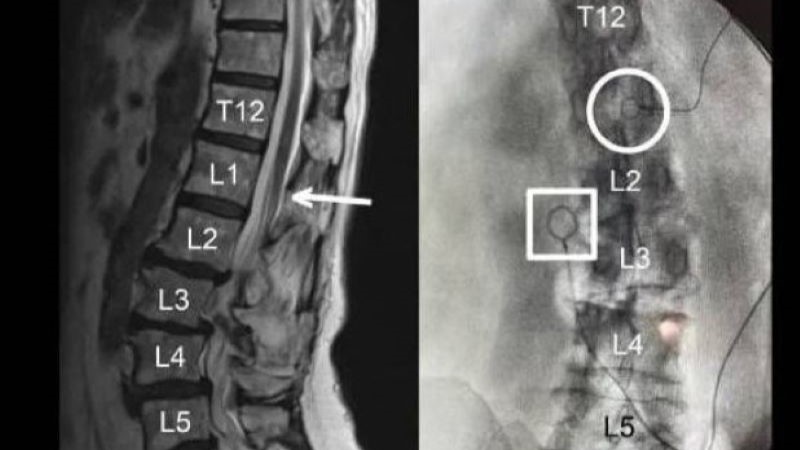
Perioperative care improvements have resulted in early discharge and outpatient primary total joint arthroplasty (TJA), but it remains unknown whether early discharge is safe in revision TJA. This is of significant concern during the COVID-19 pandemic, which has resulted in forced decreased hospitalization. A study compared 90-day outcomes between aseptic revision TJA patients discharged the same of or day after surgery (early) versus two or three days postoperatively (later).
Between December 5, 2011, and December 30, 2019, 530 aseptic revision TJAs were performed at a single institution. Early and later patients were matched as closely as possible by procedure type, sex, American Society of Anesthesiologists Physical Status Classification, age, and body mass index (BMI), and comparisons were made for rates of 90-day emergency department (ED) visits and hospital admissions.
There were 183 early discharge revision TJAs performed in 178 patients and 183 later discharge revision TJAs (71 hips, 112 knees) performed in 165 patients. Most of the overall cohort (62%) was female, the average age was 63 years (range, 18-92 years), and the average BMI was 32 kg/m2 (range, 18-58 kg/m2). No statistical differences were observed between the groups in 90-day ED visit rates between early (n=6; 3.4%) and later (n=11; 6.7%) discharge patients (P=0.214); 90-day hospital admission rates also did not differ between the early (n=7; 3.9%) and later (n=4; 2.4%) discharge groups (P=0.545).
The researchers concluded that, with proper patient selection, early discharge was possible in aseptic revision TJA without increasing 90-day ED visits or readmissions.
“As hospital inpatient capacity remains limited due to COVID-19, select revision TJA patients may discharge home the same or next day to preserve hospital beds and resources for more critical medically-related illness,” they concluded.







 © 2025 Mashup Media, LLC, a Formedics Property. All Rights Reserved.
© 2025 Mashup Media, LLC, a Formedics Property. All Rights Reserved.